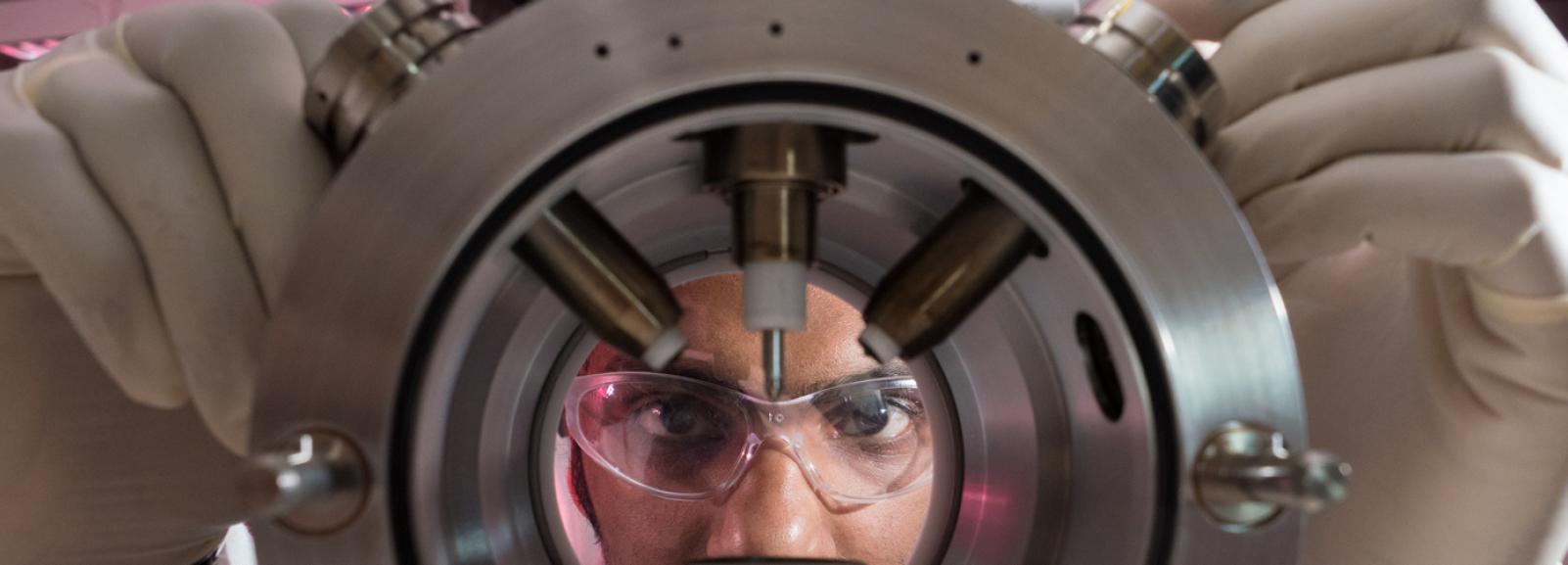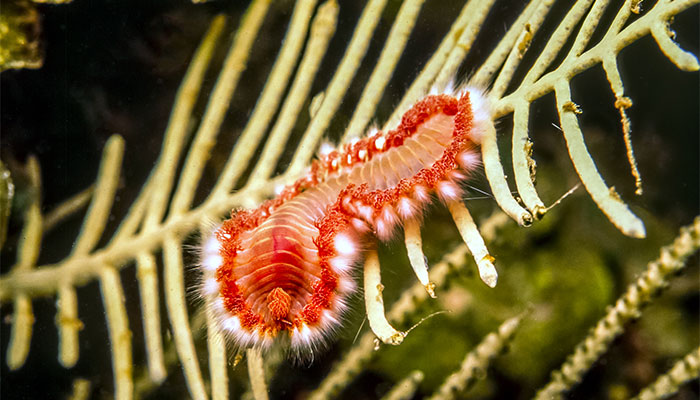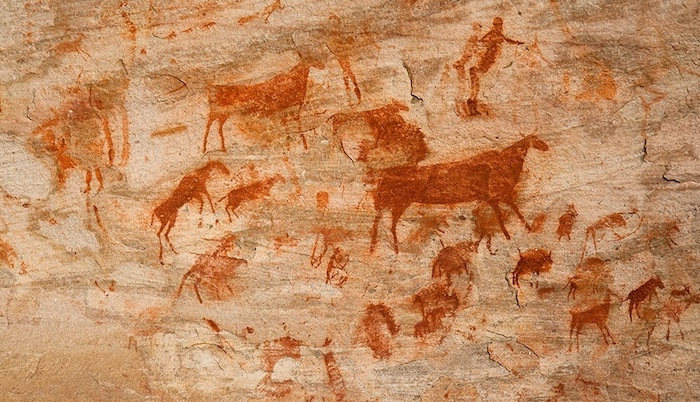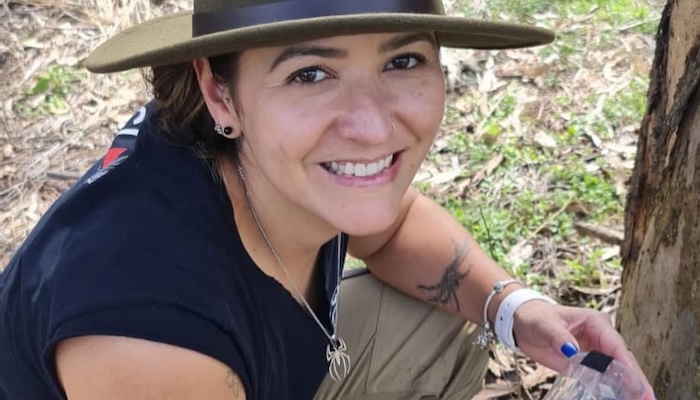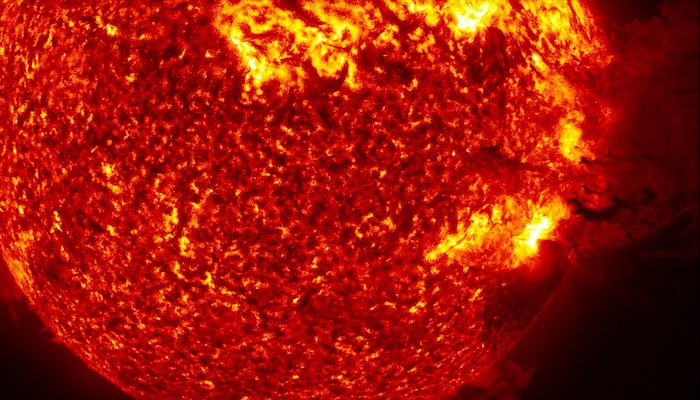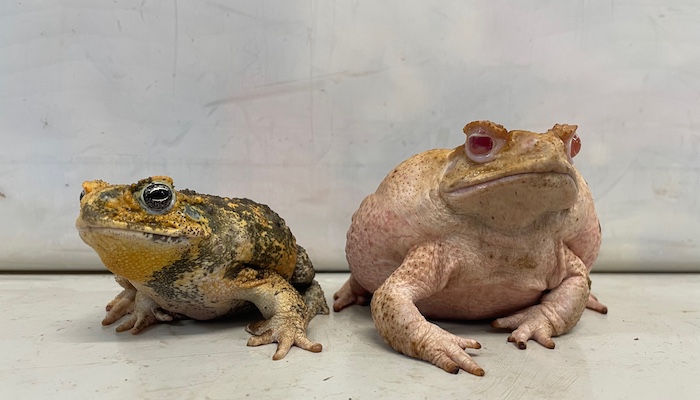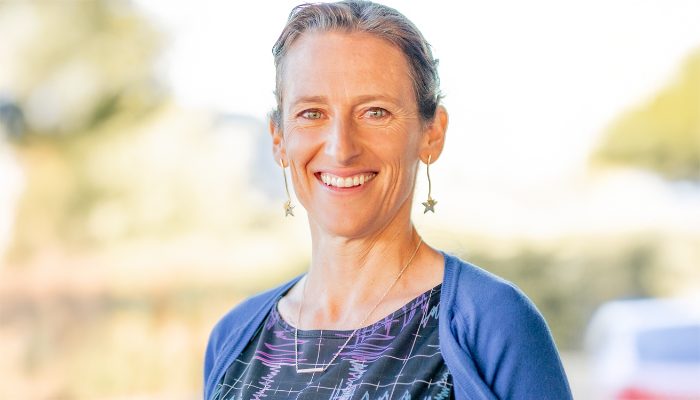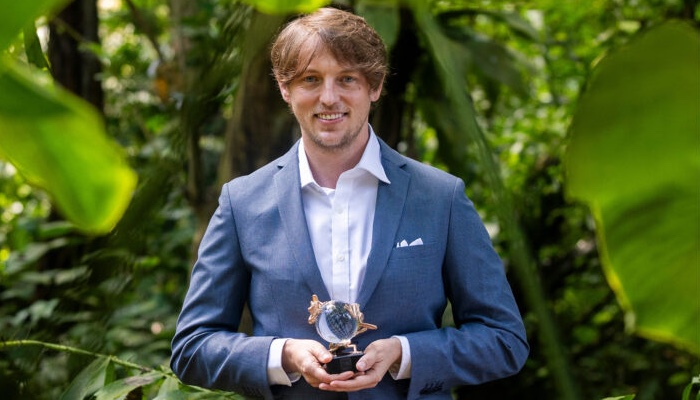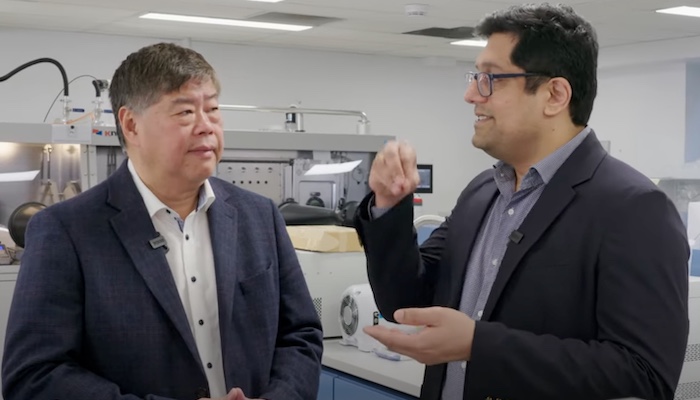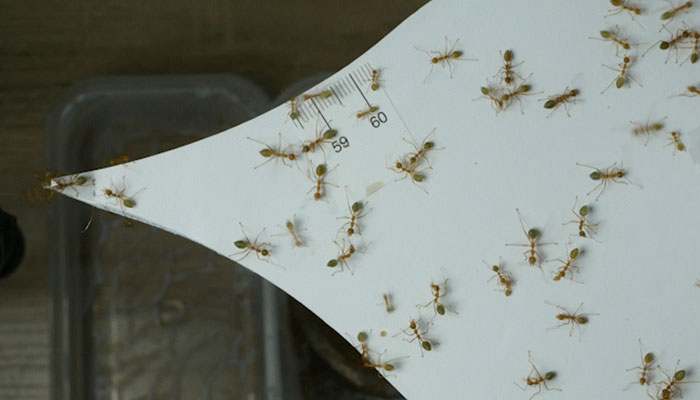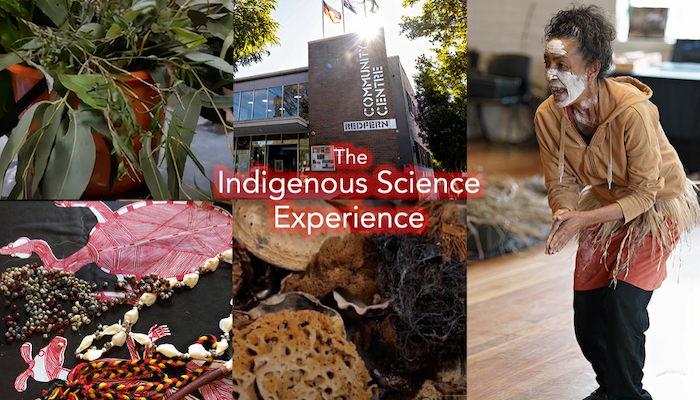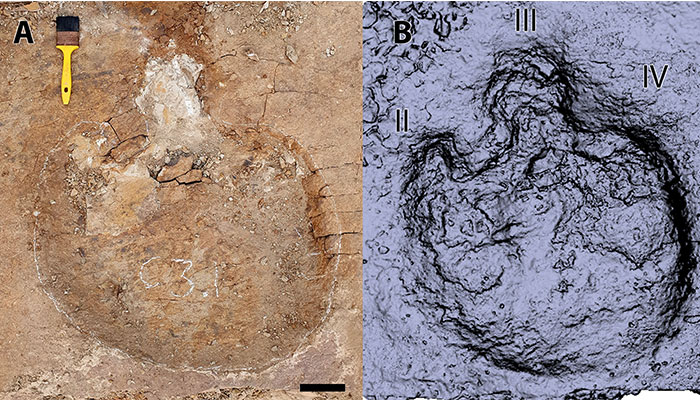Faculty of Science and Engineering
Macquarie joins national push to decode Australia's deadly venoms
Macquarie University will play a pivotal role in a new national program aimed at decoding the molecular secrets of Australia’s unique venomous species, from spiders and snakes to marine organisms and insects.
How humans reshaped the animal world
New fossil research shows how human impacts, particularly through the rise of agriculture and livestock, have disrupted natural mammal communities as profoundly as the Ice Age extinctions.
Secret spider societies reveal surprising brain differences
Researchers peered inside the brains of huntsman and crab spiders using micro CT scanners and found while spiders’ brains don’t have to be bigger for them to live in groups, social spiders are wired for better memory, recognition and collaboration.
Please explain: Does the sun have seasons?
Ahead of Macquarie University's annual Astronomy Open Night on September 27, astrophysicist Dr Deepak Chahal explains.
Genetically-altered toads explain why albino animals are rare in nature
Macquarie University researchers used advanced gene-editing technology to debunk long-held beliefs about why albinism is rare in nature.
Milestone Moyal Medal awarded to astrophysicist Tamara Davis
Macquarie University has awarded the Moyal Medal, now in its milestone 25th year, to University of Queensland Professor Tamara Davis AM in recognition of her outstanding contributions to astrophysics and cosmology.
Macquarie researcher one step away from ‘environmental genius’ title
Macquarie University conservation biologist Dr Anthony Waddle has been named one of three finalists for the global Pritzker Emerging Environmental Genius Award.
Macquarie’s solar silver solution strikes gold
University partners with Lithium Universe to commercialise new recycling technology for solar panels.
Tiny ants crack the secret to perfect teamwork
Weaver ants increase their individual strength as teams grow larger and by cracking the secret to superefficient teamwork, they offer insights that could transform robot design.
Macquarie University hosts Indigenous Science Experience Community Day at Redfern
Macquarie University will showcase Indigenous scientific knowledge through its annual Indigenous Science Experience Community Day, bringing together community groups, scientists and cultural educators in the heart of Redfern as part of National Science Week.
Macquarie researchers shine on Eureka Prize shortlist
Researchers from Macquarie University have been named finalists in six categories in the Australian Museum’s prestigious Eureka Prizes for Science Excellence.
Making tracks: multiple dinosaur footprints unearthed in major discovery
The discovery of ancient footprints in Canada has transformed the way researchers hunt for dinosaur tracks.

